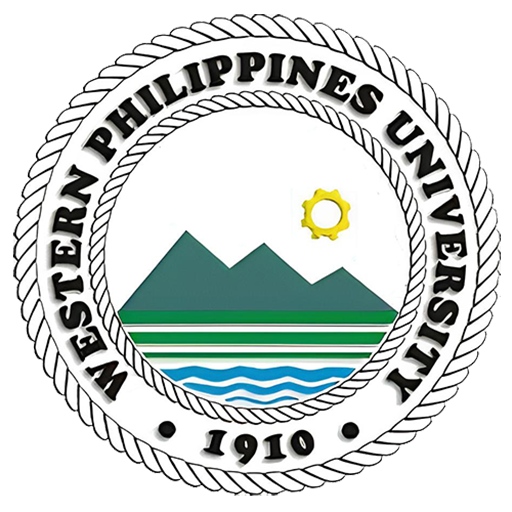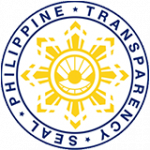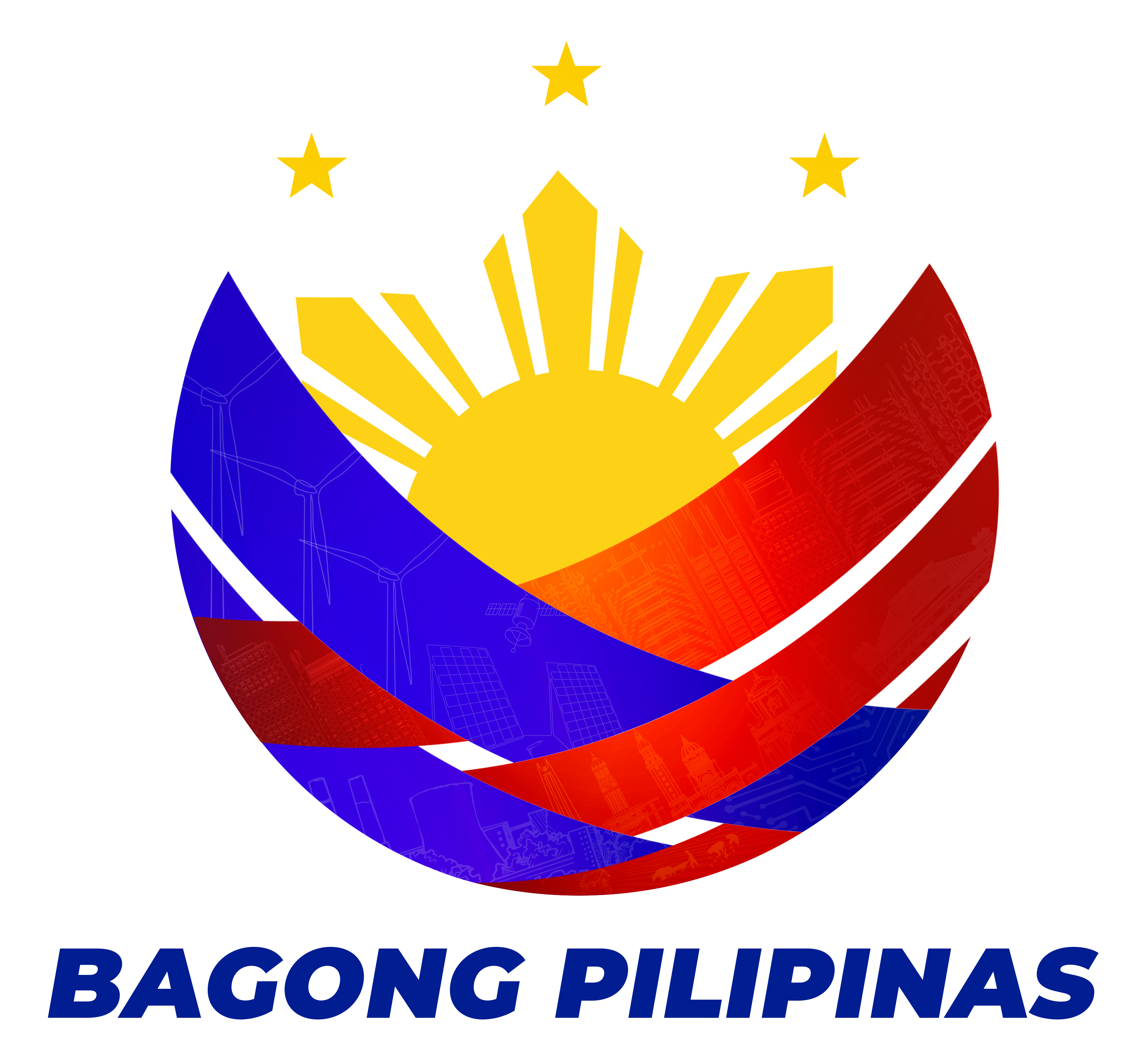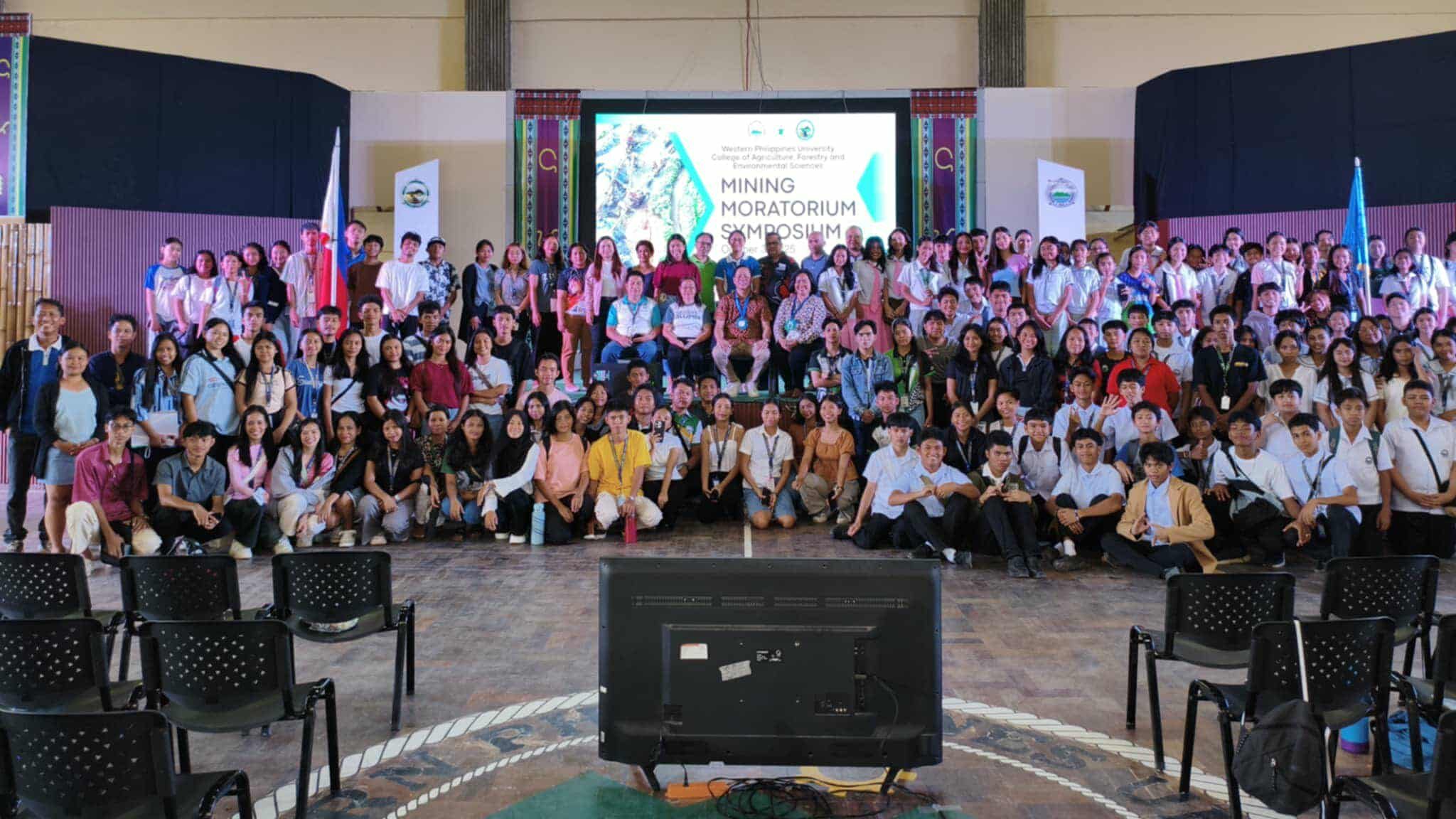
Western Philippines University (WPU) reinforced its commitment to environmental education and sustainability through two symposia that tackled pressing ecological issues — the Mining Moratorium Symposium and the Katala Fun Day Symposium. Both events brought together students and faculty from the College of Agriculture, Forestry, and Environmental Sciences (CAFES) and the Agricultural Science High School (ASHS) for a day of learning and dialogue held on October 03, 2025, at the WPU Gymnasium.
The Mining Moratorium Symposium began with welcoming remarks from WPU President Dr. Amabel S. Liao. The keynote speaker, Board Member Rafael V. Ortega Jr., one of the authors of the Mining Moratorium Bill, discussed the implications and benefits of the proposed policy. The session encouraged open discussion among participants, allowing them to share perspectives and raise questions about mining’s impact on the environment and communities.
In the afternoon, the Katala Fun Day Symposium continued the advocacy for conservation. The event featured Ms. Anna Rose Agullo, Education Coordinator, who shared insights on the Philippine Cockatoo Conservation Program, and Ms. Mary Chris Nierves, Research Specialist, who discussed “Where the Green Heart Beats: Palawan’s Biodiversity.” Their presentations underscored the importance of protecting endangered species and preserving Palawan’s unique ecosystems.
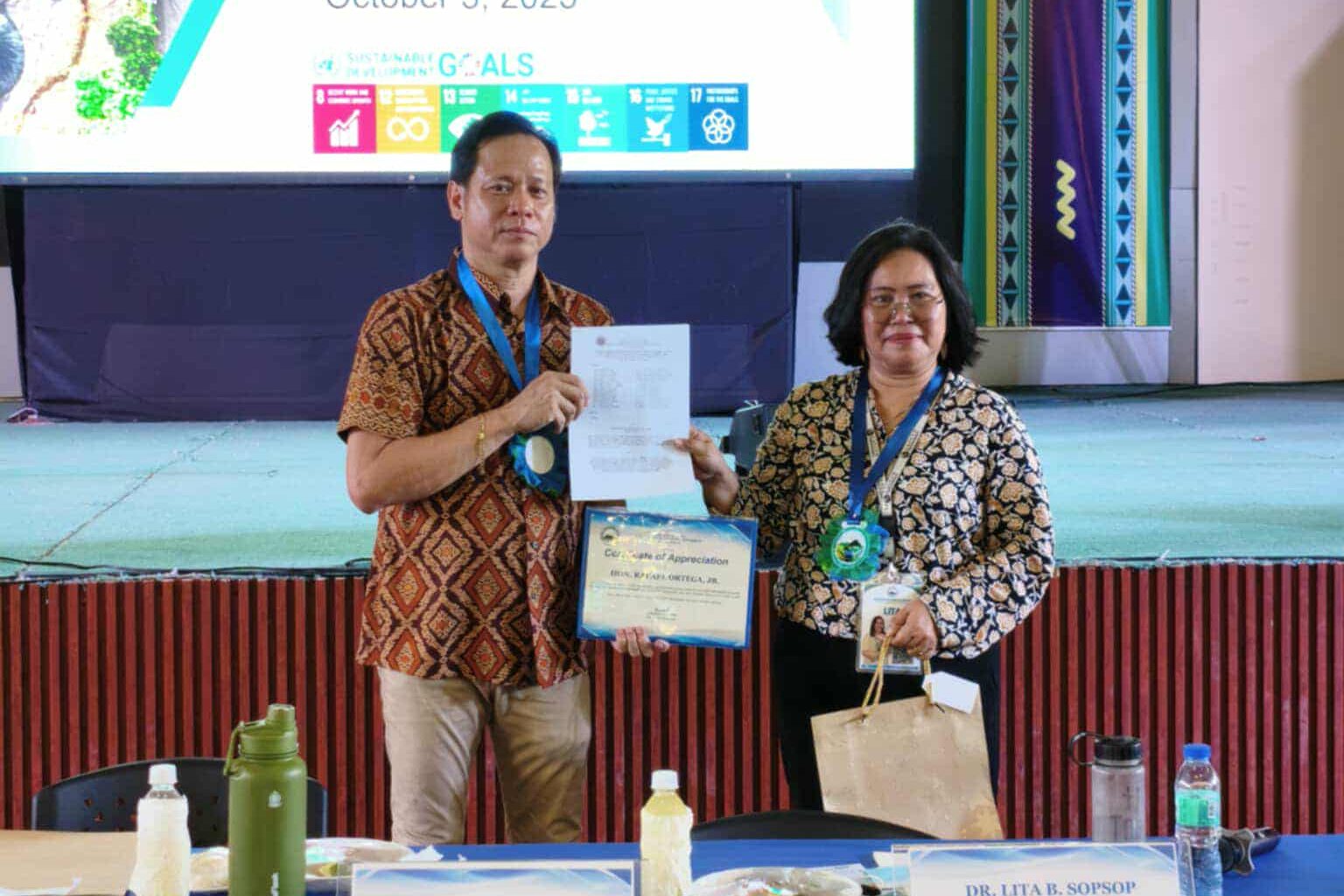
The activity was organized by BS Environmental Management students with support from the BS Forestry program under Dr. Lita B. Sopsop. It served as a venue to promote awareness on responsible resource management and highlight the role of youth in sustainable environmental practices.
Through these symposia, WPU demonstrated its ongoing efforts to integrate environmental awareness and sustainability into its academic activities. The events provided a venue for students and faculty to engage in discussions on responsible resource management and biodiversity conservation. These initiatives form part of the university’s broader commitment to support evidence-based learning and community-oriented environmental programs.
(Contributed by: Ana Navarro, BSEM-4)
[This article is in line with the SDGs 8, 12, 13, 14, 15, 16, & 17]
